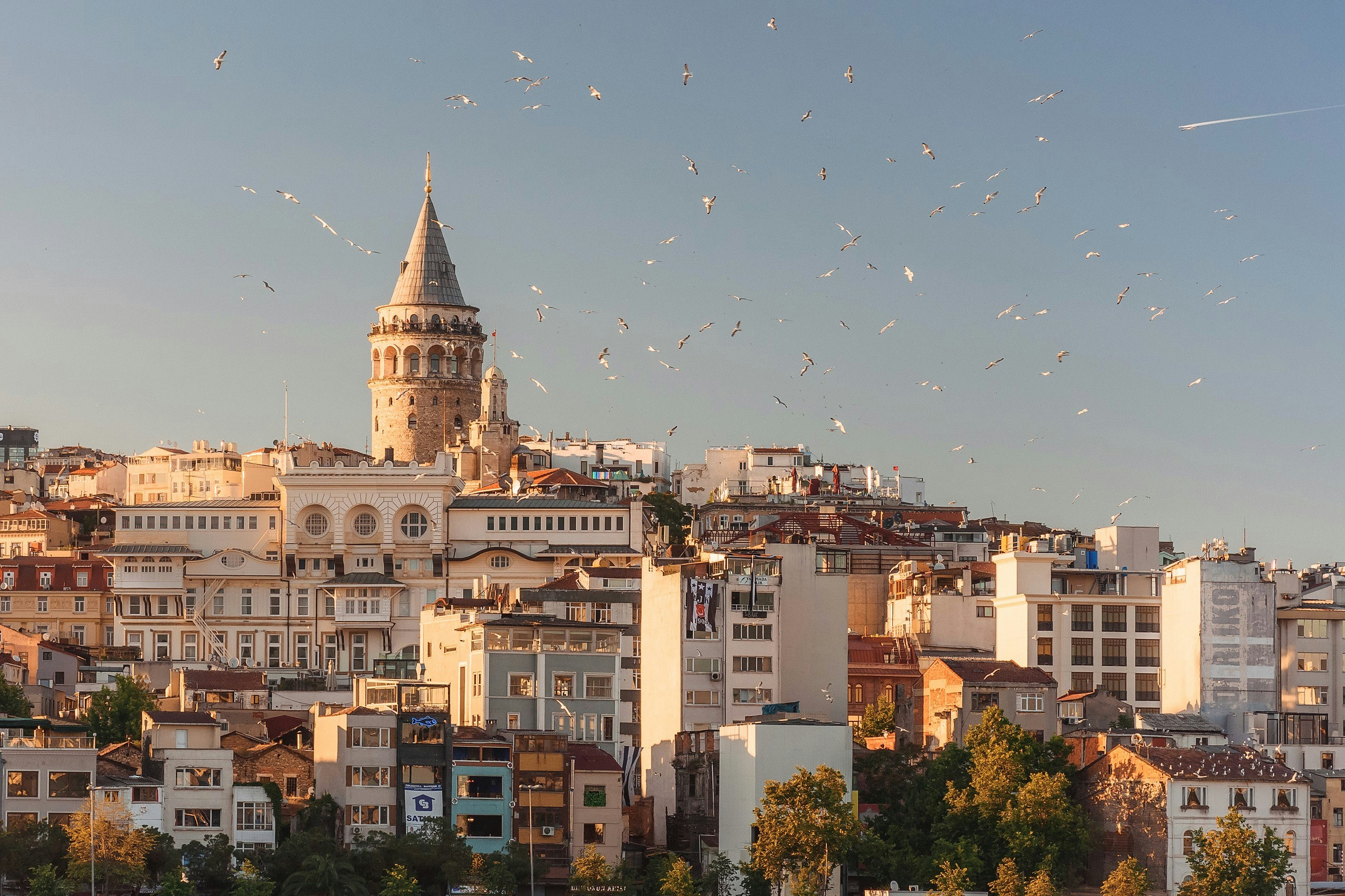Imagine a city that poets compete to write poetry about. A city unlike any other in the world. This city is the venerable Istanbul, which served as the capital for the Ottoman Empire for a long time and hosted various civilizations before that. This sacred city, which takes on the color of whoever lives on its lands, has also made its way into literature, securing a place for itself. In Turkish literature, it has often been mentioned across different literary periods. Folk poets gathering in Istanbul’s coffee houses have depicted Istanbul in poetry and epics (Alan, 2008). Nedim, a talented poet of Divan literature, says in his Istanbul Qasida, “This city of Istanbul, which is unique and unparalleled/A piece of the Persian kingdom would be sacrificed for one of its stones.” To him, Istanbul is incomparable and priceless. He says even a single district is worth a lifetime of love. Yahya Kemal, known as the Istanbul poet of the Republican period, is enchanted by the perfect ambiance of Istanbul, similar to the poets of Divan literature.
“I looked at you from a hill, dear Istanbul!
I didn’t see any place or love that I hadn’t seen.
As long as I live, freely settle on the throne of my heart!
Even loving a single district of yours is worth a lifetime.”
However, Istanbul doesn’t only wish to be seen; it also desires to be heard. Orhan Veli grants this wish:
“I am listening to Istanbul, eyes closed.
A bird flutters around your skirts.
I know if your forehead is hot or not.
I know if your lips are wet or not.
A white moon rises behind the pistachio trees.
I understand from the beating of your heart:
I am listening to Istanbul.”
He tries to appeal to all five senses, doing so successfully despite not living in Istanbul.
Istanbul is not merely a geography. It’s a philosophy, an art, and a thought. Because it embraces even those who don’t live within it, pulling them in. You just walk through Beyoğlu once, and before you know it, you’ve become an Istanbulite. “You won’t find a new country; you won’t find another sea. This city will follow you” (Constantine P. Cavafy).
Resources:
- Alan, S. (2008). Türk Edebiyatında İstanbul. Kubbealtı Akademi Mecmuası, 146(37/2), 38-44.
- Çakmakcı, S. (2020). Şiir ve şehir: Türk şiirinde İstanbul sevgisi. Kilis 7 Aralık Üniversitesi Sosyal Bilimler Dergisi, 10(19), 1-35.
- Sevinç, F. (2023). BİR İSTANBUL METHİYESİ: DÂSİTÂN-I MEDHİYYE-İ İSTANBUL. Mecmua, (15), 52-71.
- Zavotçu, G., (2019). ESERDEN MÜ’ESSİRE: KASÎDE DER VASF-I İSTANBUL VE SİTÂYİŞ-İ SADR-I A’ZAM İBRAHİM PAŞA . 3. Uluslararasi Avrasya Multidisipliner Çalışmalar Kongres (pp.594). Gaziantep, Turkey
- Photo by Anna Berdnik on Unsplash

